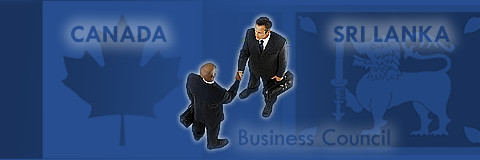
National People’s Power (NPP) leader Anura Kumara Dissanayake has won Sri Lanka’s presidential election after a historic second round of counting. No candidate won more than 50% of the total votes in the first round, where Dissanayake got 42.31% while his closest rival, opposition leader Sajith Premadasa, got 32.76%. Once preferences had been tallied, the Election Commission said he had won a total of 5,740,179 votes to Premadasa’s 4,530,902.
But Dissanayake, who promised voters good governance and tough anti-corruption measures, emerged as winner after the second count, which tallied voters’ second and third choice candidates.
The election on Saturday, 21 September (2024) was the first to be held since mass protests unseated the country’s leader, Gotabaya Rajapaksa, in 2022 after Sri Lanka suffered its worst economic crisis. Dissanayake, 55, told Sri Lankans “this victory belongs to us all”, in a message on the social media platform X.
To revive the economy, Dissanayake has promised to develop the manufacturing, agriculture and IT sectors. He has also committed to continuing the deal struck with the International Monetary Fund (IMF) to bail Sri Lanka out of the economic crisis while reducing the impact of its austerity measures on the country’s poorest.
Until this weekend’s vote, all of Sri Lanka’s eight presidential elections since 1982 have seen the winner emerge during the first round of counting. This poll has been described as one of the closest in the country’s history.
Seventeen million Sri Lankans were eligible to vote on Saturday and the country’s elections commission said it was the most peaceful in the country’s history.
Still, police announced a curfew late Saturday night citing “public safety”. It was lifted at noon local time (06:30 GMT).
Dissanayake promised voters tough anti-corruption measures and good governance – messages that resonated strongly with voters who have been clamouring for systematic change since the crisis.
This enabled him to overcome trepidation over the violent past of his political party, the Marxist Janatha Vimukthi Peramuna (JVP), which carried out two armed insurrections against the Sri Lankan state in the 1970s and 80s.
His alliance, the National People’s Power – of which the JVP is a part – rose to prominence during the 2022 protests, known as the Aragalaya – Sinhala for struggle.
He has also sought to moderate the hard left stance of his party, in more recent years.
Early results showed him rocketing to the lead, prompting several high-profile figures – including the country’s foreign minister – to congratulate him.
But he lost some ground to Premadasa as voting continued, prompting the need for the second round of counting.
Incumbent president Ranil Wickremesinghe won 17% of the vote, putting him in third place in the polling. He was eliminated from the second count, which was only between the two frontrunners.
Wickremesinghe congratulated his successor.
“With much love and respect for this beloved nation, I hand over its future to the new president,” Wickremesinghe said in a statement.
